In many states, driving under the influence (DUI) laws do not cover bicycles. As a result, one may ride a bicycle in those states after drinking alcohol without fear of being arrested for DUI. However, Florida is not one of those states. In Tampa, Florida, it is possible to be arrested for DUI while riding a bicycle.
This article will cover Florida law pertaining to riding a bicycle while under the influence of alcohol and will also provide insight into the impact doing so could have on your personal injury claim, among other related topics.
Florida Law Regarding Drunk Bicycle Riding
Florida Statute 316.2065 is the overarching state law that applies to bicycles. The key part of this law to point out in this context is that bicycles have “all of the rights and duties applicable to the driver of any vehicle under this chapter,” with some exceptions. Notably, none of those exceptions apply to DUI.
This means that as a bicycle rider in Tampa, Florida, you generally have the same obligations to follow the law as drivers of cars do. Under Florida DUI law, it is illegal to operate a motor vehicle if your blood alcohol content (BAC) is at or above .08. The same standard applies to bicycles.
The penalties for a DUI in Florida are the same for bicycles as for other types of vehicles. For a first-time conviction, the penalties you could face include:
- Fines
- Imprisonment
- Suspended license for a minimum of 180 days
- Impounded vehicle
The exact penalties you’ll face will depend on the circumstances surrounding the DUI incident. For example, if you injure or damage someone’s property while riding a bicycle under the influence of alcohol, you could be convicted of a first-degree misdemeanor. The penalties for a first-degree misdemeanor conviction are a fine of no more than $1,000 and as much as a year in prison.
The Impact Bicycle Riding While Drunk Can Have on Your Tampa Personal Injury Case
If you were involved in a bicycle accident in Tampa while under the influence, you might wonder whether that can affect your personal injury claim. If the accident was primarily caused by the other driver’s negligence, the short answer is that it’s possible that you still have a claim for compensation.
Florida currently operates under a pure comparative negligence doctrine when it comes to the issue of contributory fault. This means that each party involved in the accident will be assigned a percentage of fault, and each party’s compensation can be reduced according to that percentage.
As an example, if you are assigned 40% of the blame for your bicycle accident, you could still walk away with a significant financial award. But it is safe to say that if it is established that you were drunk at the time of the accident, the other side will try to pin most of the blame on you.
If they’re successful in doing so, you might even owe the other party money, depending on how their losses compare to yours and the overall circumstances surrounding the accident.
Staying Safe on Tampa’s Roadways
It is not a good idea to ride a bicycle under the influence of alcohol in Tampa, Florida. Florida law will assess the same penalties to you if you are convicted that you would receive if you were driving a car at the time. Even if you aren’t arrested or charged with DUI, riding a bicycle while drunk greatly increases the chances of being in a crash. Bicyclists usually suffer most of the harm in any collision with a motor vehicle, but it could be prohibitively difficult to secure compensation.
Be Responsible When Driving a Bicycle in Tampa, FL to Reduce The Risk of Accidents and Injuries
If you’ve been involved in a bicycle accident in Tampa Bay, and you were under the influence at the time, it is likely in your best interest to reach out to a Tampa personal injury lawyer for legal assistance. These cases can be complex, and it can be difficult to tell whether it is even worth pursuing a claim. Most personal injury attorneys in Tampa offer a free consultation to review your case, so it won’t cost you anything to reach out for legal advice.
For more information, see our benchmarking report or contact us.

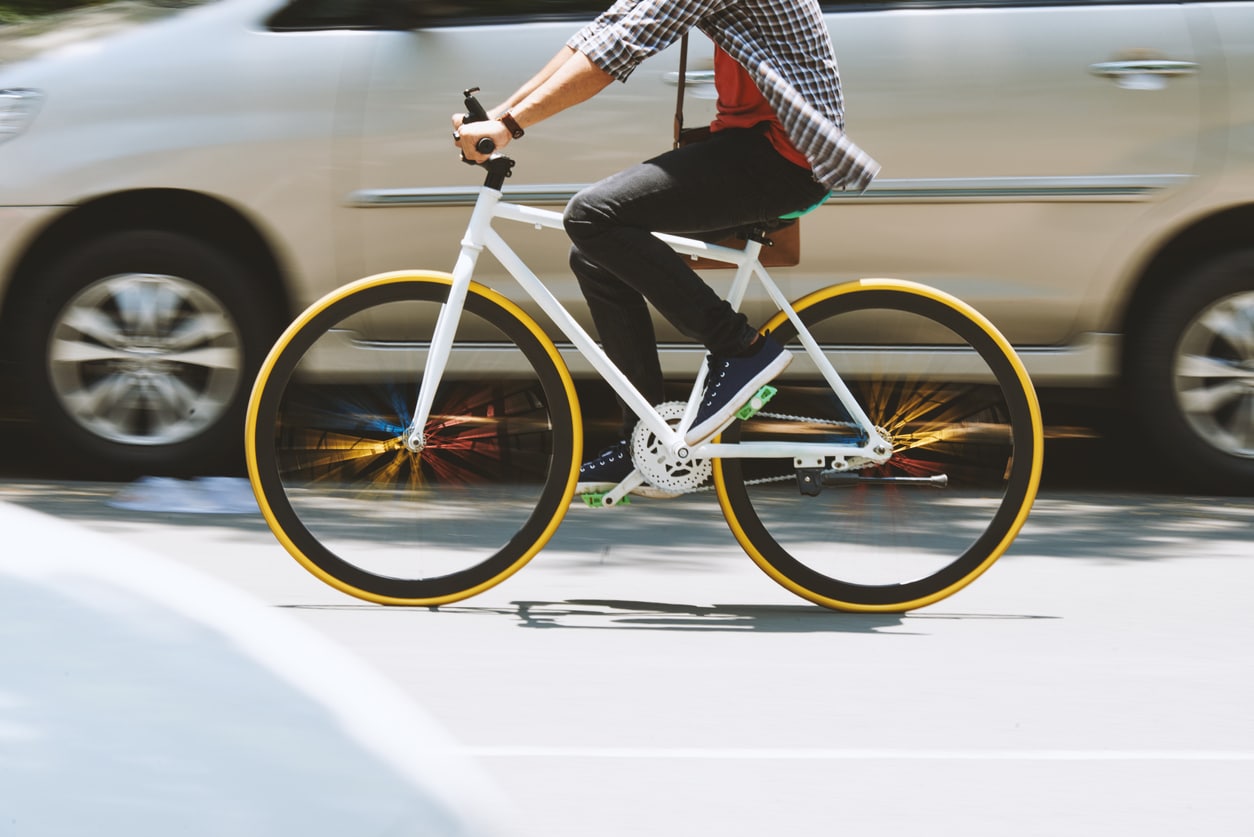
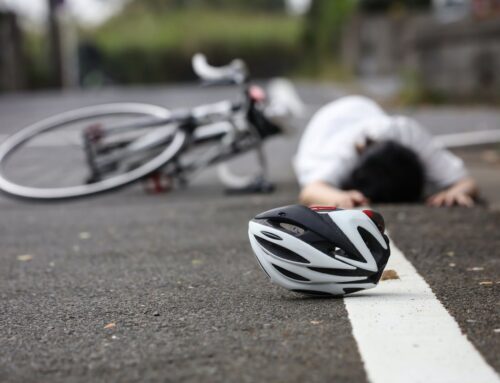
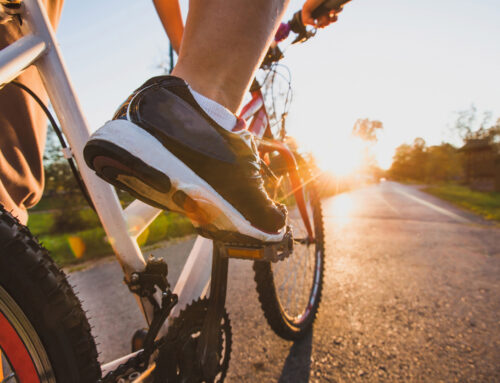

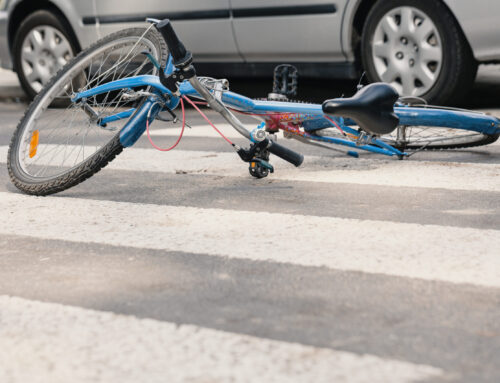
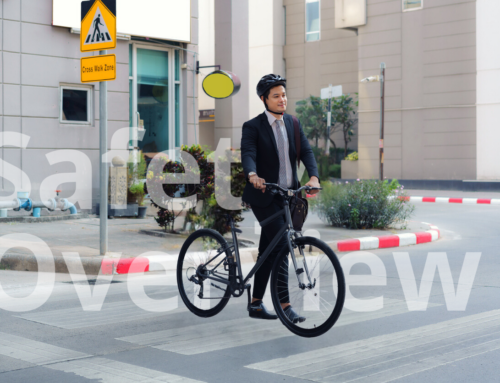
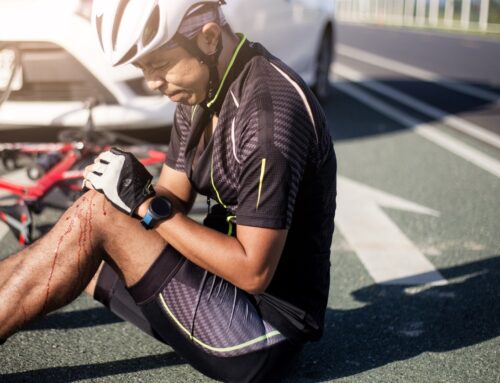
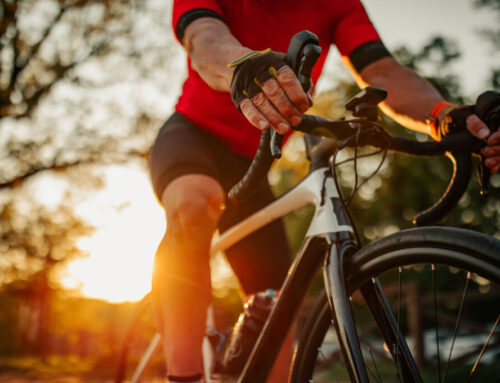
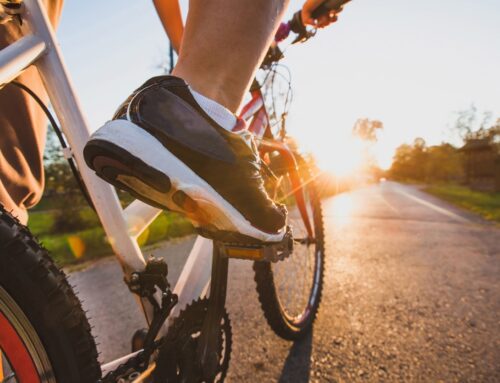

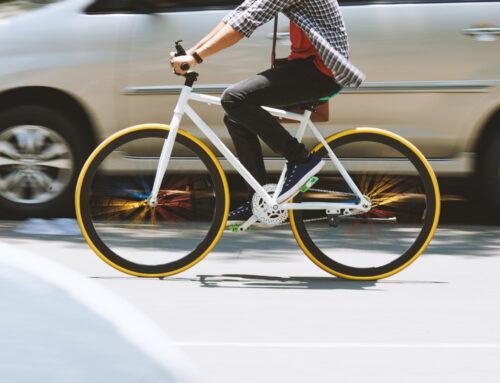
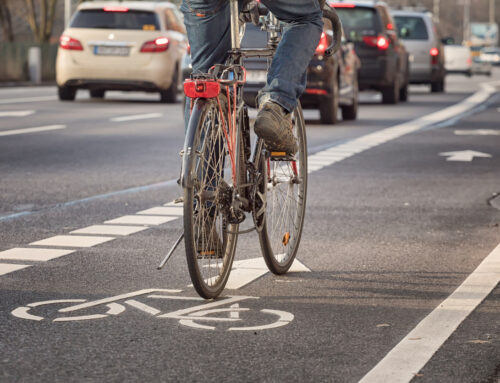
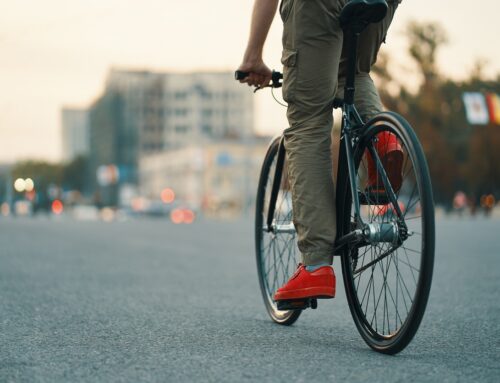


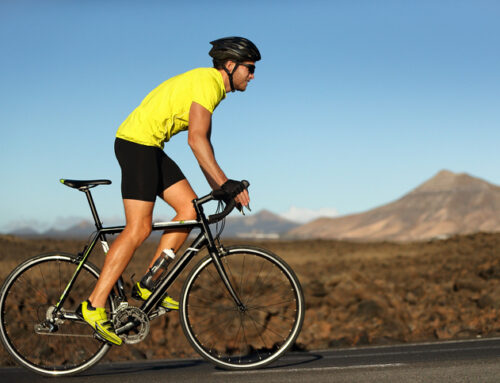
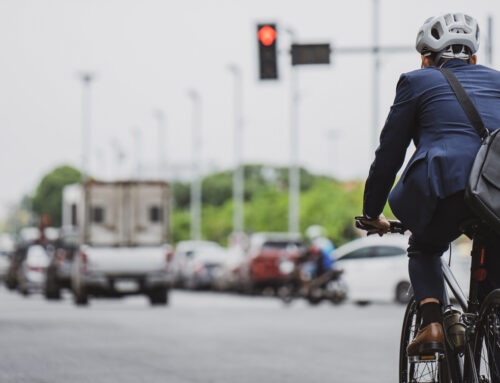
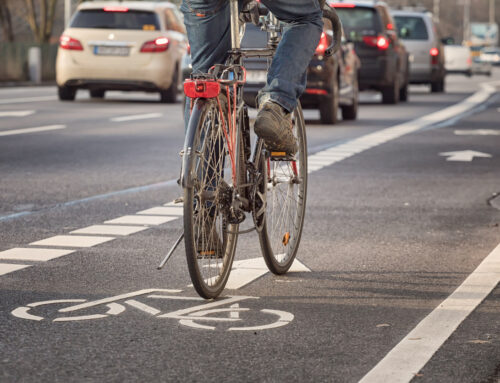
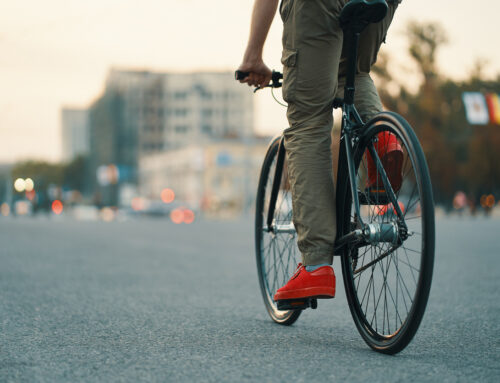
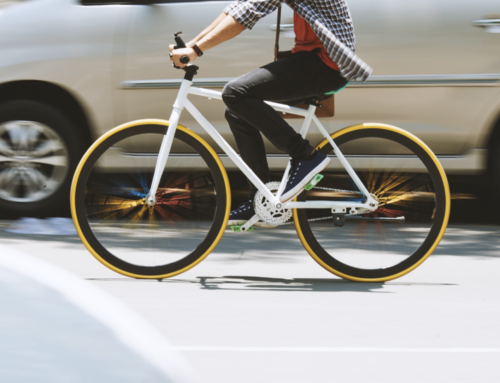

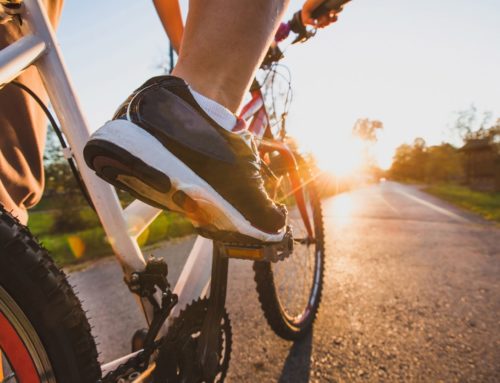
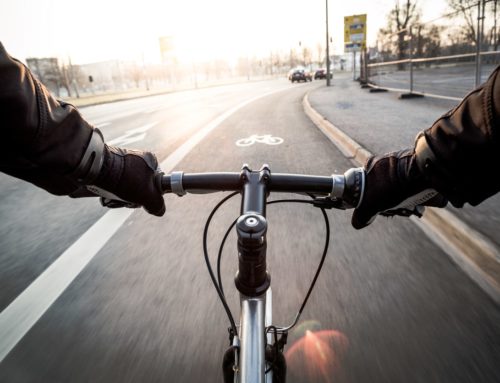

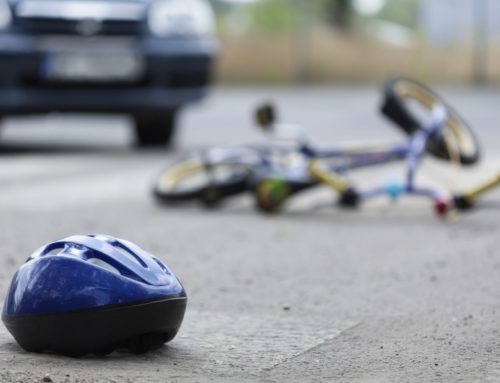
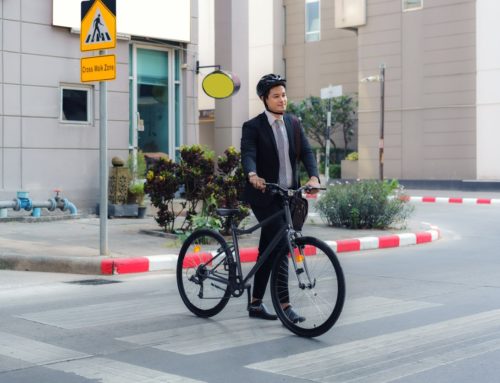


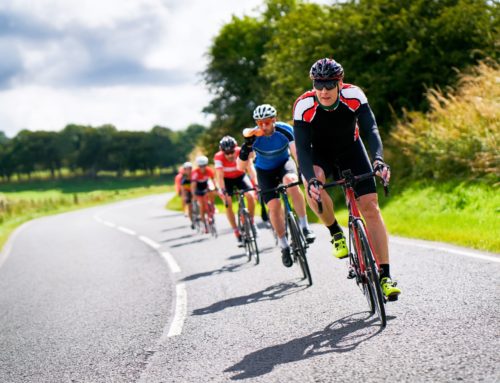
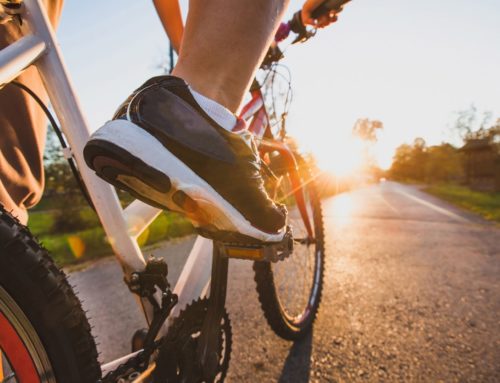
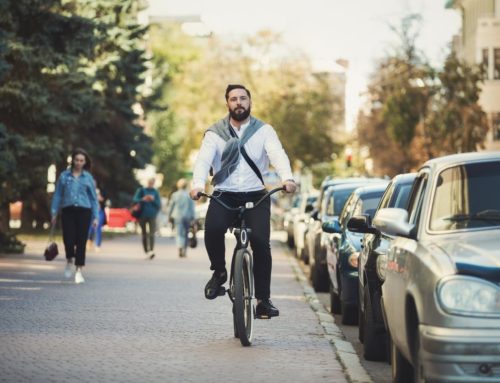
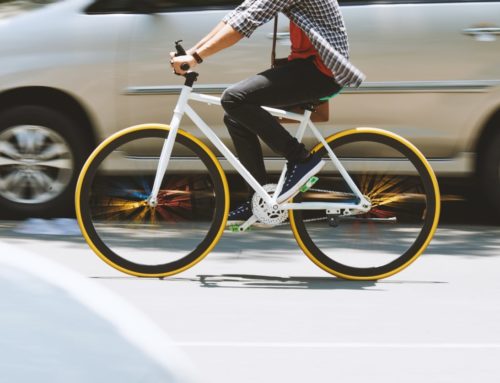
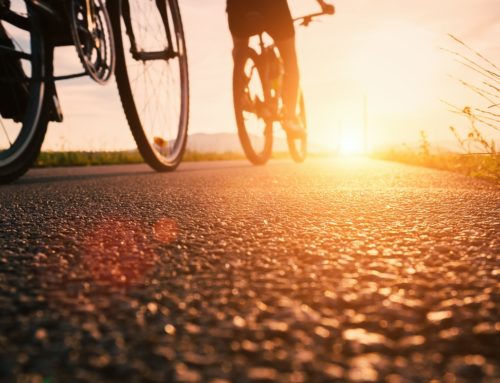

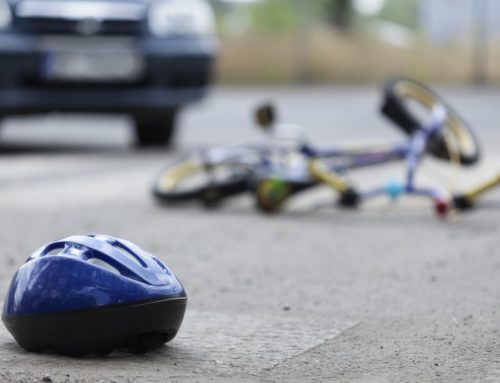
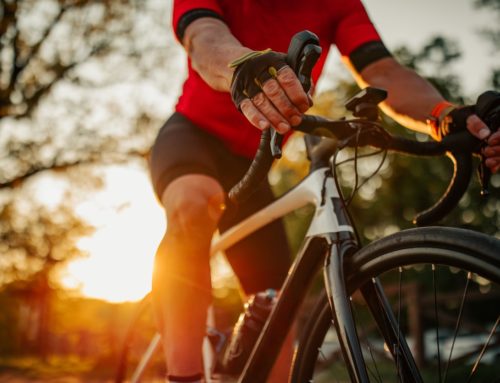
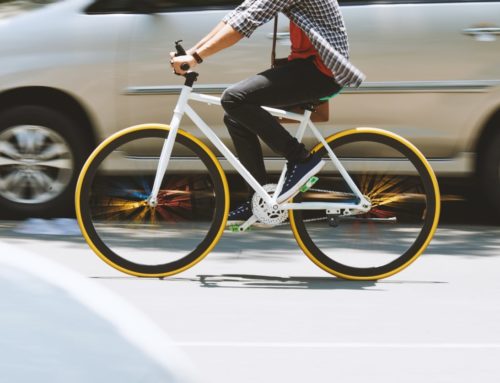

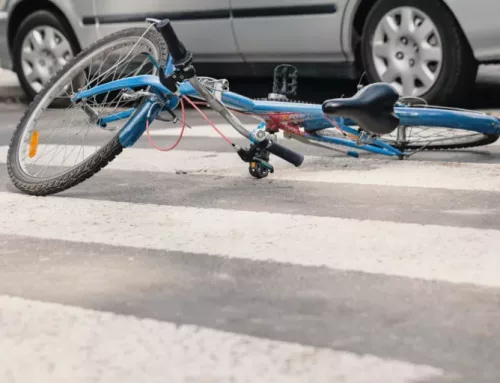

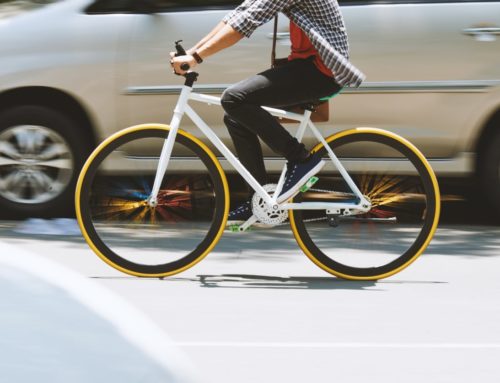
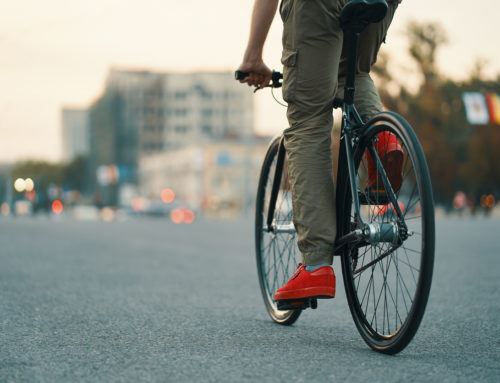
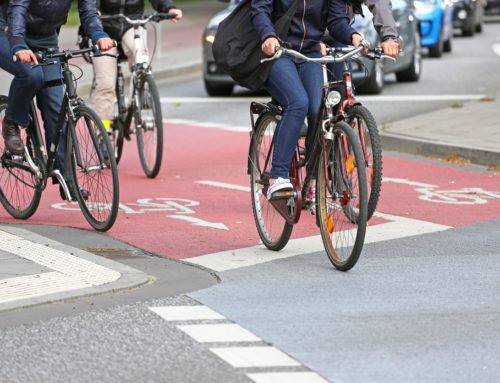
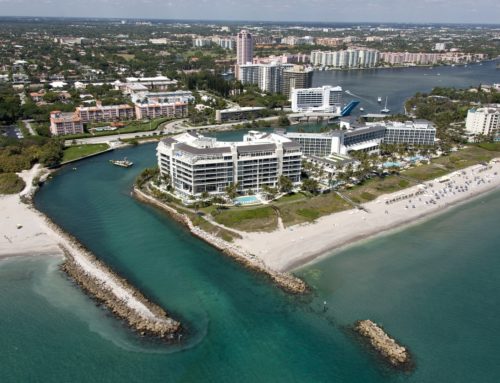
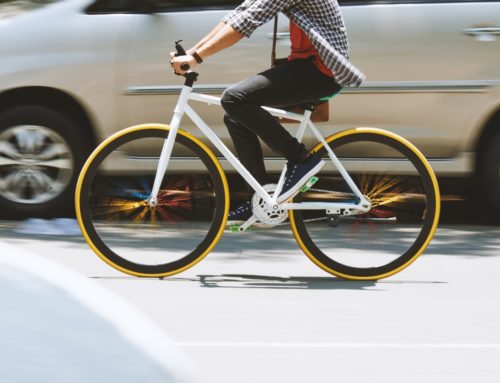
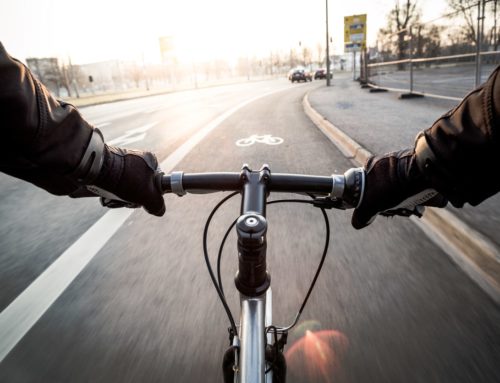


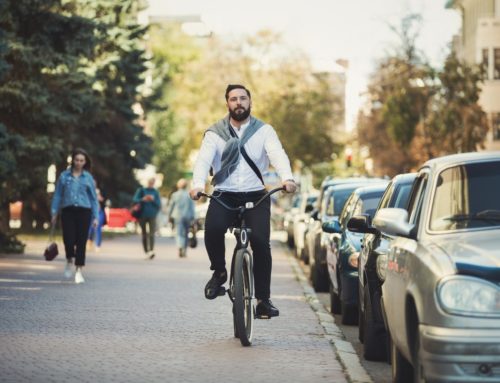

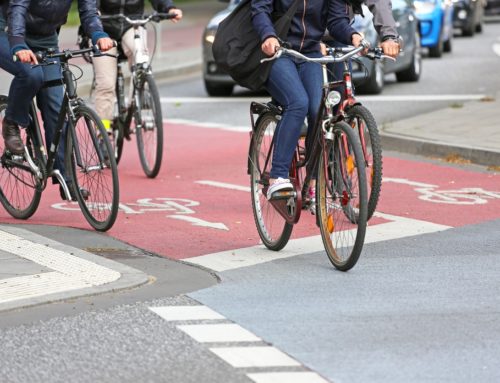

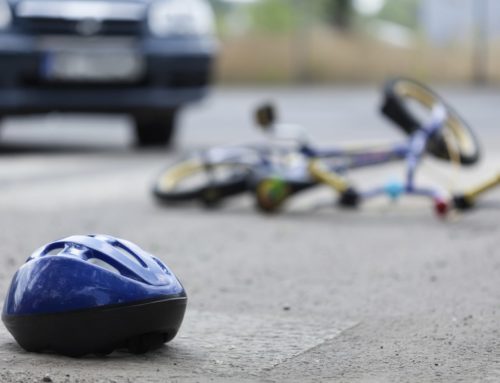


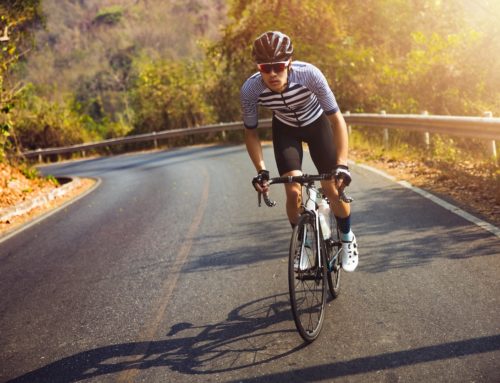
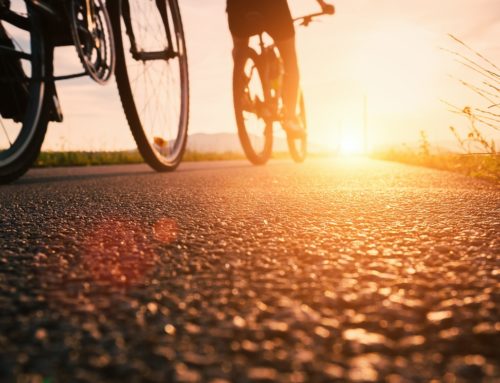

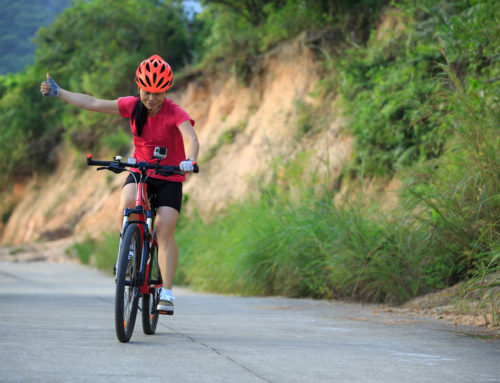
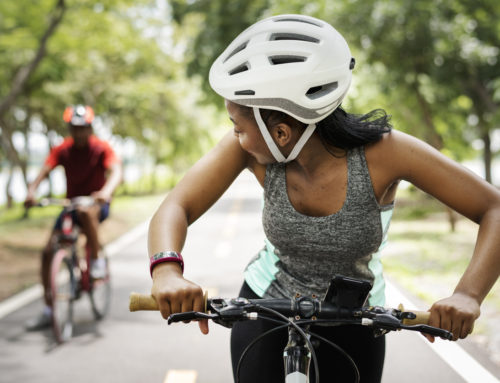
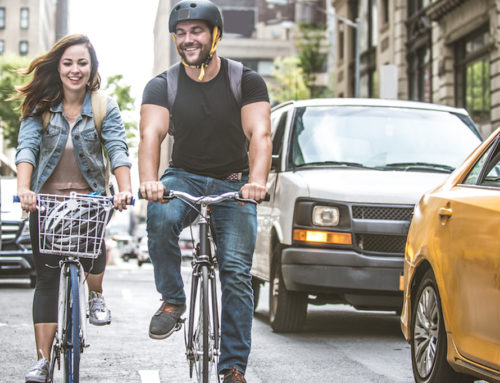
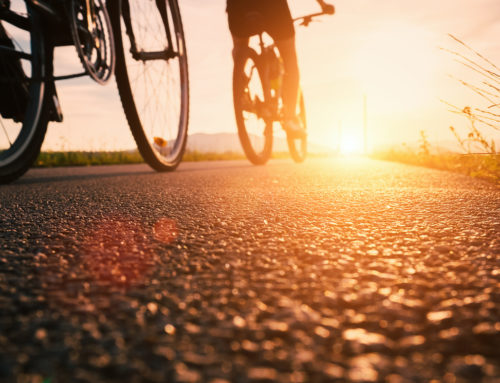
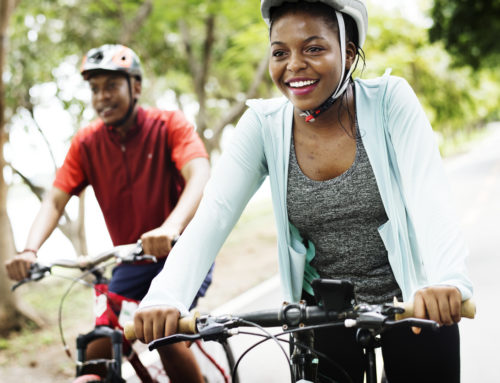
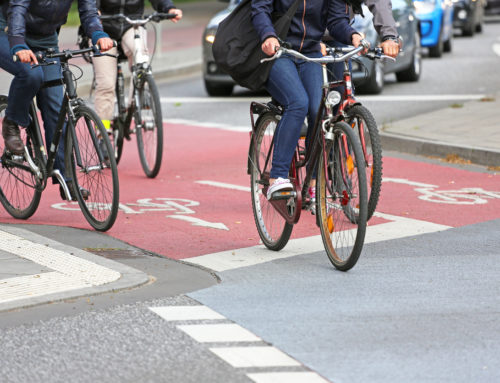

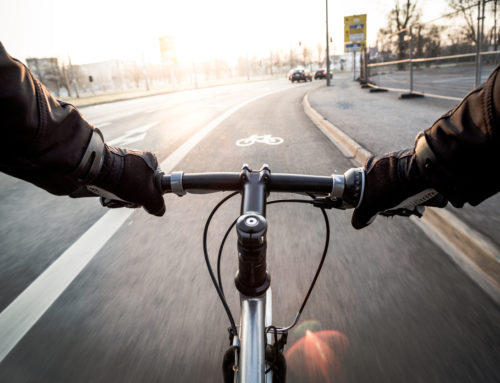

Leave A Comment